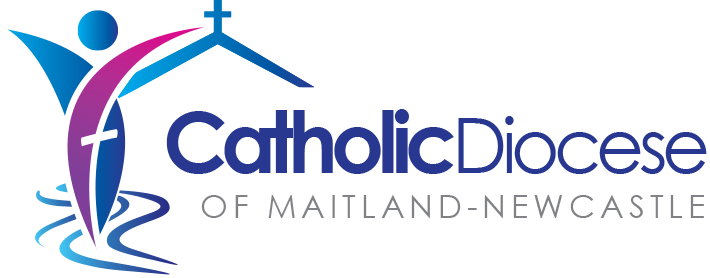Parish List
- Home
- About
- Church & Mission
- Support Us
- Catholic Life
- National Plenary Council & Diocesan Synod
- Youth
- Children's Ministries
- Mission and Outreach
- Diocesan Protection and Safety Council
- Change Loss and Grief
- Ecumenism
- Social Justice
- Other Groups
- Health and Aged Care
- Perpetual Day of Remembrance
- LGBTIQ Forum
- Visiting Clergy - Citizens/Residents of Australia
- Visiting Clergy - International Visiting Australia
- Agencies
- News & Events
- People
- Places
- Mass Times App
Liturgical Formation
Liturgical Formation
In the liturgy, particularly the Eucharist, the Church is formed for life and mission in Christ and through the power of the Holy Spirit. Therefore, the formation of all who participate in the liturgy is of great importance.
ASSISTANT MASTERS OF CEREMONIES
In 2016 Bishop Bill Wright asked Fr Andrew Doohan, his Master of Ceremonies, to introduce the ministry of Assistant Masters of Ceremonies to the diocese. Since then, several people have participated in an initial formation journey to discern their call to this ministry. A College of Assistant Masters of Ceremonies has been established comprising the Master of Ceremonies, four Assistant Masters of Ceremonies, and the Manager of Worship and Prayer.
With the growth of this ministry, we are looking to increase the number of Assistant Masters of Ceremonies and seeking Expressions of Interest from members of the Church of Maitland-Newcastle who feel a call to this ministry and have the appropriate gifts and skills. The following documents provide relevant information about this ministry. If you wish to express interest please read the letter (item 4 below) and complete the form (item 5 below). Closing date is Friday 18 March.
- Assistant Masters of Ceremonies Position Description
- Assistant Masters of Ceremonies Formation handbook
- The Liturgical ‘Master of the House’ and his assistants – a reflection
- Letter inviting Expressions of Interest
- Assistant Master of Ceremonies Expression of Interest form
- Master of Ceremonies Position Description
MYSTAGOGY
When you see any version of the word mystagogy, think mystery, think God, think Christ and feel the longing in your heart to encounter Christ and to be filled with the love and wisdom that flows from this …
Mystagogical Reflection guides us into the mystery of God. Read about Mystagogical Reflection: Encountering the Mystery of God … Living from Christ
Practising Mystagogy outlines different versions of the basic process of Mystagogical Reflection applying it to reflection on scripture, on liturgy, on experiences of parish life and ministry. It also suggests how to introduce people to the process by beginning with the most fundamental of all mystagogical questions ‘Where have you encountered God this week?’
SING TO THE LORD
Even before COVID many parishes found it difficult to find musicians and singers to support the voice of the Assembly at Sunday Mass, Sacraments of Initiation, funerals, and other liturgical celebrations. This is particularly the case for our small country communities who often have neither singers nor instrumentalists. Our schools are not immune to this problem which becomes critical for significant celebrations such as school centenaries.
‘Sing to the Lord’ is a formation initiative of the Diocesan Liturgy Council that seeks to respond to this need by offering training and formation to those who are already, or are interested, in the ministry of cantor and/or choir member.
- For more information please read ‘Liturgy Matters: Sing to the Lord – Don’t miss this opportunity!’
- Information about the formation and to express Interest is available here.
- A special invitation is available to music teachers in our Catholic Schools. For more information and to express Interest please click here.
